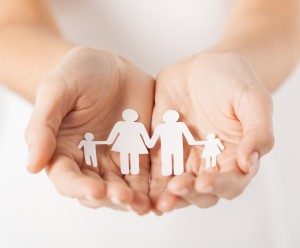 What is Family Group Decision-Making?
What is Family Group Decision-Making?
Family Group Decision-Making (FGDM) is also sometimes referred to as Family Group Conferencing (FGC). It was developed in New Zealand, as a result of the Maori people’s concern that their children were over-represented in both the youth criminal justice system and the child protection system.
The Maori believed that the family group included the nuclear family, the clan, and the tribe. As a result, the whole family should be part of the decision making process related to the placement of thier children. Prior to this, there appeared to be a concern that many of the Maori children were being placed in Caucasian homes, and losing touch with their heritage and culture.
Much like mediation, FGDM is a voluntary process, and facilitated by a neutral third party. This Coordinator meets with various individuals to share information, speak about the process, and encourage “widening the circle.” The goal of widening the circle is to encourage more friends and family members to participate. It’s important to note that family is defined by anyone who feels life family; not just blood relatives. The philosophy of widening the circle is to have more ideas, and more support present during the decision making process.
Another interesting point of FGDM is that only the family participates in the “Private Family Time.” All individuals paid to be present wait in a different room. This encourages the family to use their own resources to develop a safe plan for children.
Currently in Ontario, FGDM is being used in Child Welfare as an approved form of dispute resolution.
To find out more about FGDM, contact Paul directly.

